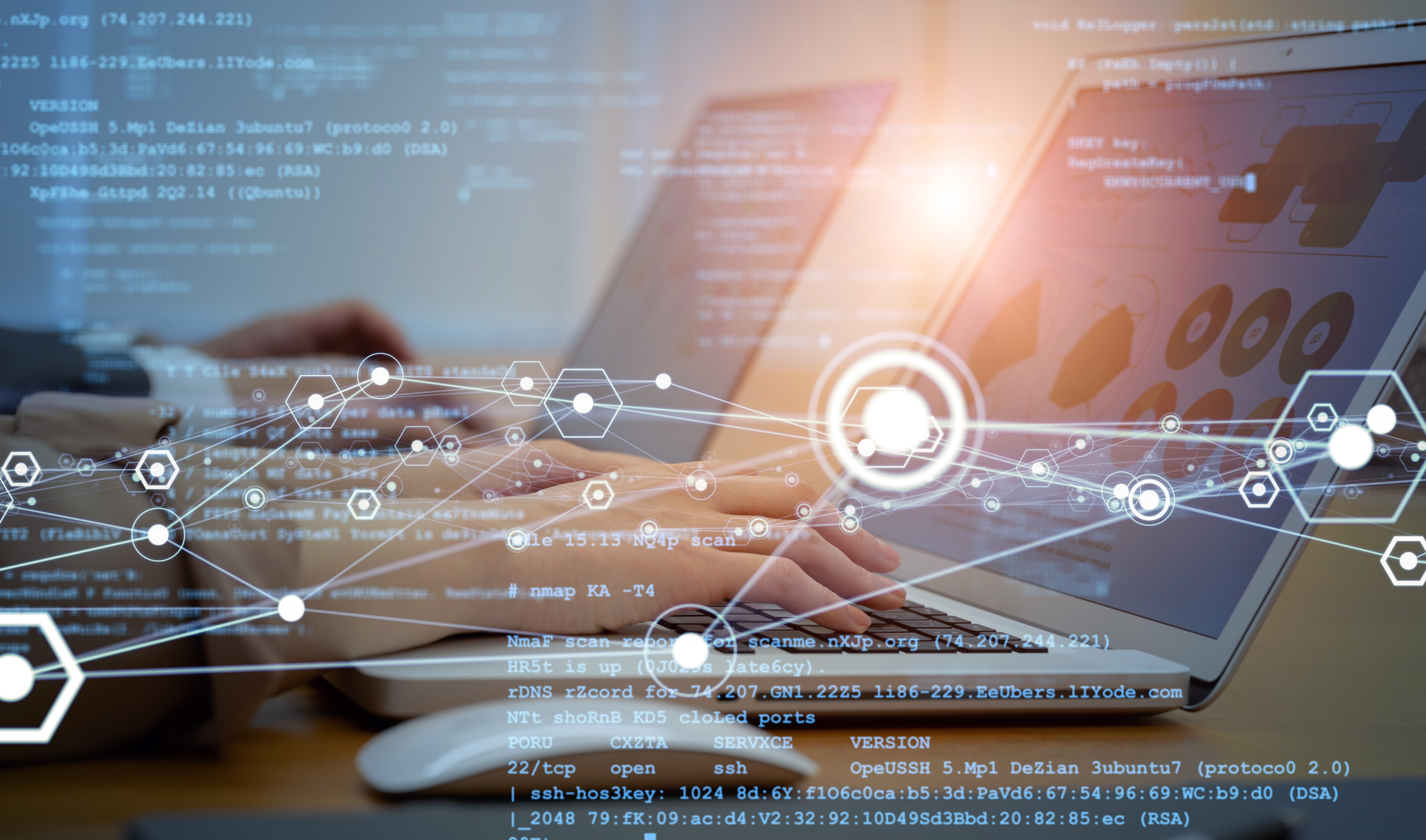Gain hands-on experience to pass the IC3 GS5 Exam 1 with the IC3 GS5 Computing Fundamentals course and lab. The IC3 exam training course and lab completely cover the computing fundamentals exam objectives and provide the expertise required to work with operating systems, hardware, and software; cloud computing and networking mobile devices. The lab is cloud-based, device-enabled, and can easily be integrated with an LMS.
What will you get:
IC3 Global Standard 5 (GS5) is the newest addition to the IC3 Digital Literacy program. Like its predecessors, the GS5 certification is comprised of three exams: Computing Fundamentals, Living Online and Key Applications. The IC3 GS5 computing fundamentals exam covers computing and using computer hardware, software and operating systems. Two new topics have recently been added to this exam: cloud computing and mobile device.
Lessons 1: Understanding Operating Systems
- Operating Systems and Their Roles When Using Computers and Devices
- Working with Files and Folders
- Customising Your Computer
Lessons 2: Understanding Hardware
- The Internal Hardware Components of a Computer
- Peripheral Devices That Can Be Connected to a Computer
- The Most Common Types of Computers and Devices
- How Information Is Transmitted inside a Computer
- How to Evaluate the Performance of a Computer or Device
Lessons 3: Understanding Software
- The Dependencies between Hardware and Software
- Installing, Removing, or Reinstalling Software
- Software Licensing and Its Implications
- The Most Common Types of Office Applications
- Using Templates to Get Started with an Application
- Personal Entertainment Applications
- Compressing Files to Save Space
- Optimising Your Computer's Hard Disk Performance
- Protecting Yourself from Malware
Lessons 4: Troubleshooting Problems with Your Computer
- Dealing with Problems Caused by Software
- Dealing with Problems Caused by Hardware
- Creating Your Own Backup System
Lessons 5: Cloud Computing
- Cloud computing concepts
- Cloud accounts
- Difference between application and software
Lessons 6: Networking and Mobile device
- Our Connected World: Communication Systems
- The Internet
- Cell Phone Networks
- Ways of Classifying Networks
- Applications of Mobile Devices
Appendix A
Hands-on LAB Activities (Performance Labs)
Understanding Operating Systems
- Signing into Windows 10
- Putting your computer to sleep and then resuming your work
- Installing Windows Updates manually
- Changing items size on your screen
- Changing the desktop color
- Creating a Standard User Account
- Sharing a folder with another user account
- Configuring Windows Update settings
- Changing Screen Resolution
Understanding Hardware
- Connecting a Keyboard, Mouse and Monitor to a Computer
- Determining the available hardware resources using task manager
Understanding Software
- Installing an application
- Installing security software
- Uninstalling an Application
- Installing VLC media player
- Creating a document using a template
- Extracting the contents of a ZIP file archive
- Freeing up disk space with disk cleanup
- Using disk defragmenter
- Changing the settings on Windows firewall
Troubleshooting Problems with Your Computer
- Setting the compatibility mode for any Windows application
- Ending function of nonresponsive applications
- Starting Windows 10 in safe mode
- Backing Up Files
- Restoring Files
- Configuring OneDrive
Cloud Computing
- Installing and setting up dropbox
- Starting G suite
Networking and Mobile device
- Connecting a system to a wireless network
- Connecting an iPhone to the Wi-Fi network
- Identifying network categories
Exam FAQs
No official prerequisites.
The fee is GBP £50
Certiport
Multiple choice, match list, performance based and SMQ.


 Standard:
Standard: